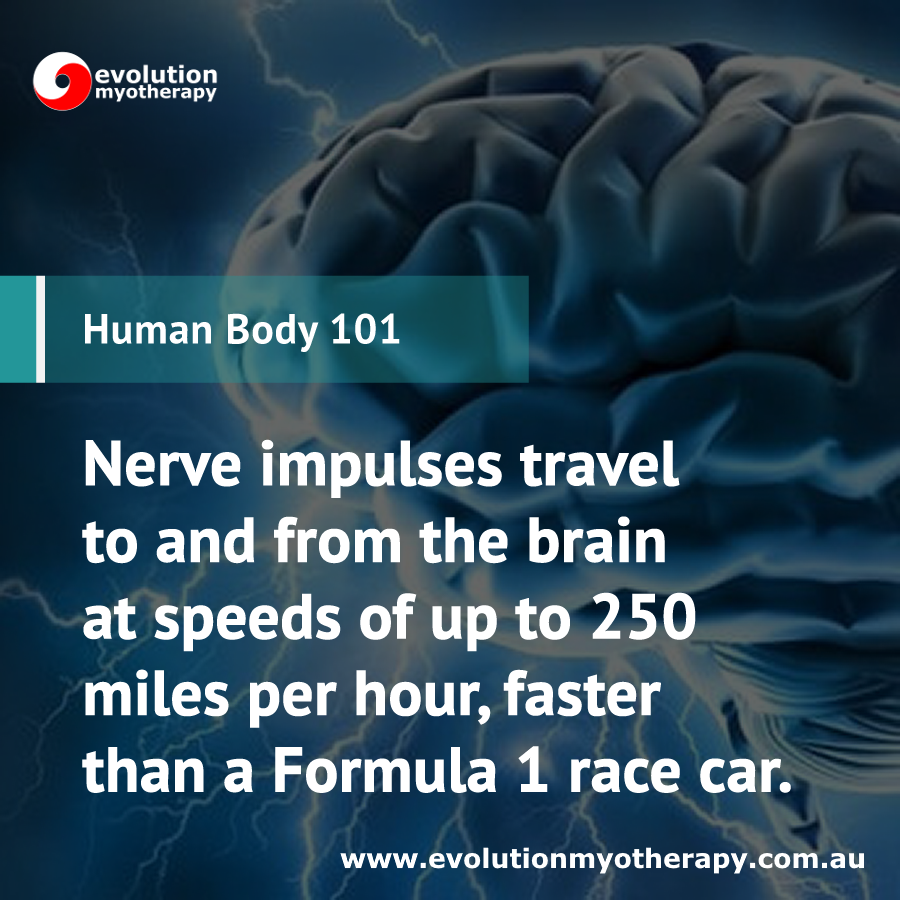A nerve conduction velocity (NCV) test — also called a nerve conduction study (NCS) — measures how fast an electrical impulse moves through your nerve. NCV can identify nerve damage.
During the test, your nerve is stimulated, usually with electrode patches attached to your skin. Two electrodes are placed on the skin over your nerve. One electrode stimulates your nerve with a very mild electrical impulse. The other electrode records it. The resulting electrical activity is recorded by another electrode. This is repeated for each nerve being tested.
The speed is then calculated by measuring the distance between electrodes and the time it takes for electrical impulses to travel between electrodes.
A related test that may be done is an electromyography (EMG). This measures the electrical activity in your muscles. It is often done at the same time as an NCV. Both tests help find the presence, location, and extent of diseases that damage the nerves and muscles.
https://www.hopkinsmedicine.org/health/treatment-tests-and-therapies/nerve-conduction-velocity-ncv





